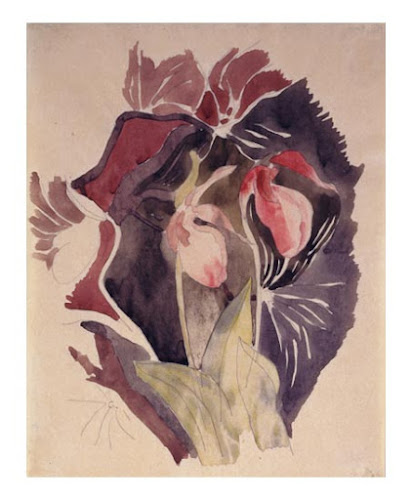 |
| A boat launching in the Banc d'Arguin National Park |
At the risk of repeating myself, it's worth restating where this investigation has been going. First of all, I have Lameen's challenge to think of a West African Age of the Reconnaissance, which turns out to be exactly right. And, second, we have the challenge of taking Morocco as a key actor in the European Reconnaissance seriously.
It is an old truism of the earliest "Reconnaissance of the Atlantic" that the Portuguese effort that eventually led to Vasco da Gama rounding the Cape and reaching India, began as an attempt to bypass Moroccan control of the northwestern terminus of the trans-Saharan trade in sub-Saharan gold, slaves and naturalia. Going a little further, Peter Russell suggested in 1994 that this effort was, on the one hand, an extension of an attempted Portuguese continuation of the Reconquista into the southernmost portions of the old Roman Diocese of Hispania, which is to say, Morocco; and on the other, a defensive measure against Castilian efforts to secure the defection of Hispano-Lusitanian grandees with opportunities to crusade.
All of this is interesting, but would be less so if, in fact, the Portuguese had just arrived on the African shore in 1405. In reality, the city of Ceuta has traded hands between Hispanic and Moroccan regimes so often that I doubt anyone can keep track, and, by extension, Hispanic and Moroccan regimes have their hands deep in each others' pockets since at least sub-Roman times. Therefore, Prince Henry's involvement in Morocco has as its mirror image, Moroccan interest in Portugal. Or, to put it another way, that it is all one political realm, and Moroccan politics have to be considered alongside Hispanic.
It is probably also worth noting that the core period of Henry's African adventure coincided with the period in which Henry's brother was being held hostage in Fez for a Marinid restoration in Ceuta. Ferdinand surrendered himself in 1438 and died in 1443, a period spanning the first half of
Afonso V's difficult minority. During this short period, a series of expeditions along the coast reached the Bay D'Arguin and as far beyond it as the mouths of the Gambia and the Senegal. Henry, withdrawn from politics to his villa at Sagres, remained an entrenched opponent to any scheme for the redemption of the Infante Ferdinand, while patronising the geographical, and, perhaps, naval architectural sciences.
 |
Note all the little Portuguese enclaves down
the coast. |
So any understanding of this adventure needs to focus on the political axis between Fez and Sagres. This much, should, indeed, be obvious. There is, however, that traditional blindness, or to be more charitable, professional unwillingness to overextend, that puts Morocco in a different category from Europe, drawing the line of political history at water's edge. There is also the foreshortening effect that makes far off countries seem smaller and more homogeneous than they would seem if we took their politics more seriously. Morocco, in particular, is a very big country. The Almoravid/Almohad imperial city of Marrakesh is 500km south of the Marinid/Wattid capital of Fez, and even a Martian would, when it was put that way, expect a north-south rivalry. It is, moreover, a rivalry that one can easily visualise as producing a kaleidoscopic variety of potential alliances. From the perspective of Ferdinand's uneasy custodian, the vizier
Abu Abd Allah al-Sheikh Muhammad ibn Yahya, not only Portugal, but also Castile, Aragon, Tlemcen, Marrakesh and the sub-Sahelian states all had to be taken into account.
And for anyone from the marginalised North, South, East or West of any given polity, attention will be on the marginalised, the political interest denied its legitimacy by the simple expedient of grouping it into the larger state. Morocco had just been through an extended period of government from the south, by the Almoravids and the Almohads. I'm going to link to that
classically bloated Hollywood epic, El Cid, again, just so that the reader can appreciate the way that even the comparatively heedless visual politics of the 1960s biopic could read the Almohads as a threat to northern Christians and Muslims alike. (And a reminder that mask politics is not new.) It's unfortunate that it was the Almoravids who sometimes trace their origins to a ribat on the island of Tidra in the Bay d'Arguin, but given that the Portuguese did not just happen to arrive in 1405, full of wide-eyed innocence, on the North African shore in 1405, the arrival there in 1443 of Nuno Tristao, and his subsequent attack on a village on the adjacent island of Arguin, has, or ought to have, resonance. As much as Christian slavers were an ominous novelty in African affairs, small communities on islands in the Bay of Arguin were an established threat to northern regimes.






